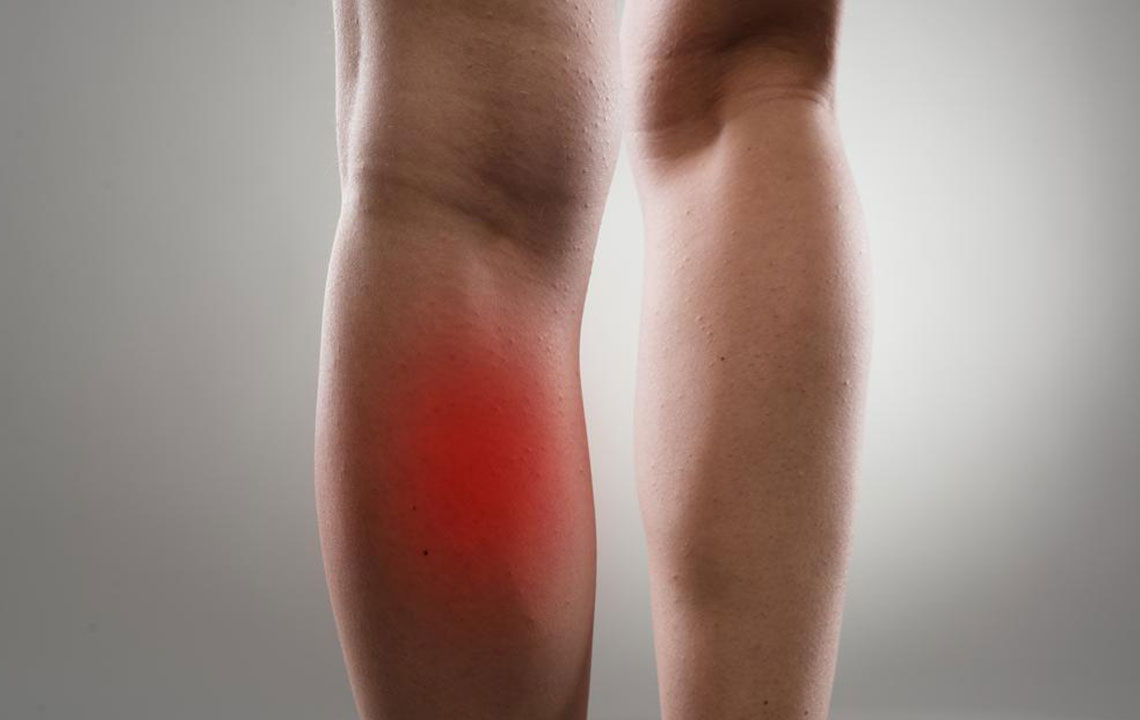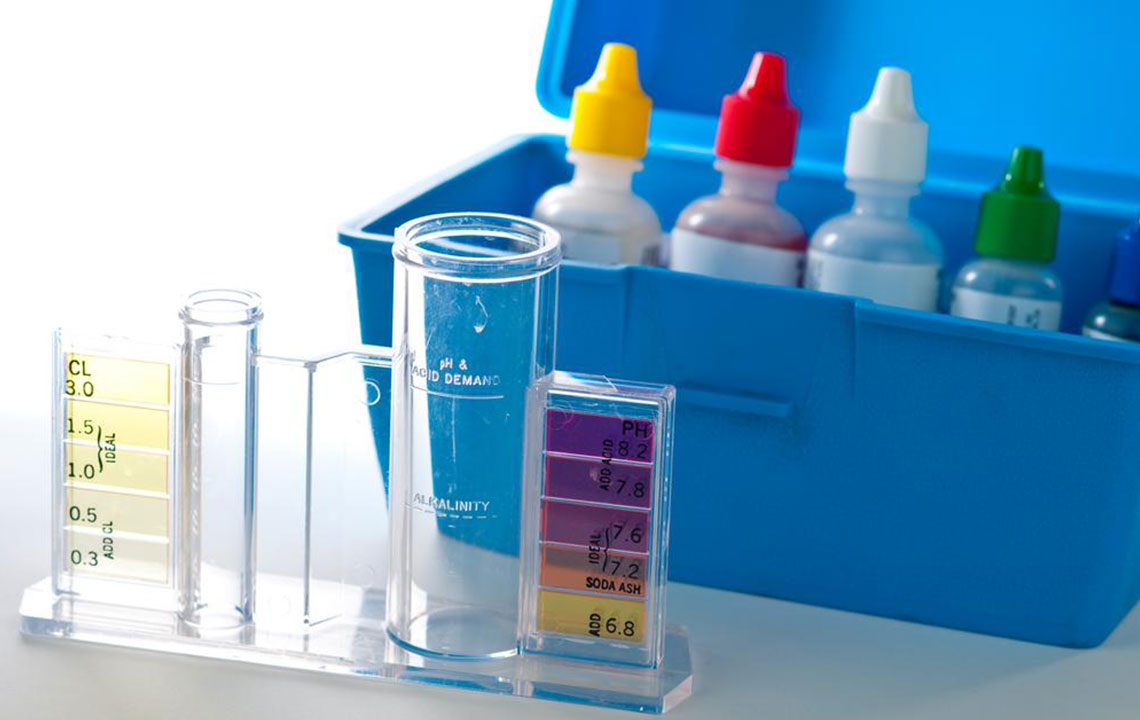Comprehensive Guide to Naturally and Safely Lower Uric Acid Levels
This comprehensive guide explores safe and natural strategies to lower uric acid levels, including dietary modifications, hydration tips, and lifestyle changes. It emphasizes the importance of medical consultation and monitoring to prevent gout, kidney stones, and other complications associated with hyperuricemia. Practical advice on food choices, medication reviews, and herbal options like green tea offers a holistic approach to managing uric acid healthily.

Comprehensive Strategies for Naturally and Safely Reducing Uric Acid
Uric acid is a waste product generated when the body metabolizes purines, which are compounds found in various foods and drinks. Normally, the body's kidneys efficiently filter and eliminate uric acid through urine. However, when the production of uric acid exceeds the body's ability to excrete it, it accumulates in the bloodstream—a condition known as hyperuricemia. Elevated uric acid levels are a significant risk factor for health issues such as gout, kidney stones, and other metabolic conditions. Therefore, managing uric acid levels effectively is essential for overall health and well-being.
Early detection of high uric acid levels involves blood tests, which serve several important purposes:
Identifying gout episodes or preventing their occurrence
Preventing the formation of kidney stones caused by uric acid crystallization
Monitoring the effectiveness of treatments for hyperuricemia
Assessing risks during aggressive therapies such as chemotherapy or radiation where uric acid levels might fluctuate
Various factors contribute to elevated uric acid levels. Understanding these can help in developing effective strategies for management. These factors include:
Genetic predispositions influencing uric acid metabolism
Obesity, which is associated with increased purine turnover
Chronic skin conditions such as psoriasis
Use of certain medications like diuretics and blood pressure treatments
Excessive alcohol consumption, especially beer and spirits
Immunosuppressant drugs used in various medical procedures
High-purine diets rich in organ meats, shellfish, and certain vegetables
Impaired kidney function reducing uric acid clearance
Recognizing the symptoms of hyperuricemia is crucial for early intervention. While often asymptomatic, elevated uric acid can cause recurrent joint pain and swelling characteristic of gout, as well as urinary and kidney issues. Prompt diagnosis and management can prevent severe complications.
Effective Strategies to Reduce Uric Acid Levels
Consult Your Healthcare Provider: Before implementing any lifestyle or dietary changes, it’s important to seek medical advice. A healthcare professional can assess your specific health profile and recommend personalized strategies for managing uric acid levels.
Modify Your Diet: Reduce the intake of high-purine foods such as organ meats (liver, kidney), shellfish, sardines, anchovies, and certain types of fish. Limit or avoid foods and drinks rich in yeast and yeast extracts, such as certain baked goods and sauces. Alcohol, especially beer, significantly raises uric acid levels and should be minimized or eliminated.
Choose Low-Purine Foods: Incorporate foods low in purines into your diet, including dairy products like milk and yogurt, eggs, leafy greens (e.g., spinach, kale), tomatoes, a variety of fruits, nuts, and healthy fats like olive oil.
Stay Hydrated: Proper hydration helps dilute uric acid in the bloodstream, facilitating its excretion. Aim to drink at least 2 to 3 liters of water daily, adjusting based on your activity level and climate.
Avoid Excessive Intake of Caffeine and Alcohol: Both substances can interfere with uric acid metabolism. If you have hyperuricemia, completely avoid caffeine and alcohol to reduce flare-ups and complications.
Review Medications with Your Doctor: Some drugs, particularly certain diuretics and immunosuppressants, may contribute to higher uric acid levels. Your healthcare provider can suggest alternatives or adjustments to your medication regimen.
Incorporate Green Tea: Green tea contains antioxidants that may help lower uric acid levels. Regular consumption can be a natural addition to your management plan.
Limit Sugary Foods and Beverages: High sugar intake, especially fructose-rich drinks like sodas and sweetened beverages, can elevate uric acid levels. Reducing these helps prevent spikes and maintains healthier levels.
Eat Fresh Fruits Rich in Vitamins: Fruits like bananas, berries, oranges, and grapefruits are packed with antioxidants, vitamins, and fiber, supporting uric acid reduction and overall health.
It is essential to implement lifestyle changes gradually and under medical supervision. Regular check-ups and blood tests help track uric acid levels and assess the effectiveness of your management strategies. Adopting these natural and safe approaches can significantly improve your health and reduce the risk of gout, kidney stones, and other related health issues.





